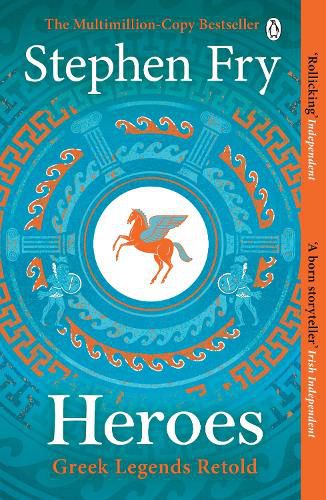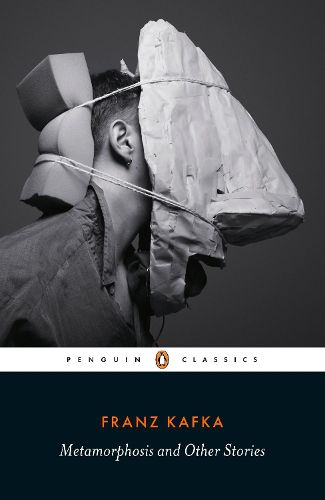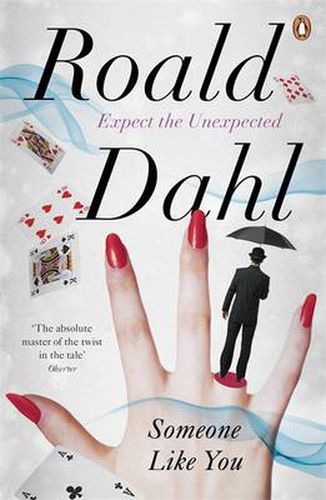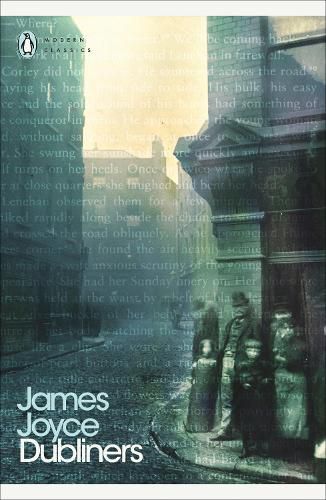We can trust the author with a novel. A novel is long and sturdy, and the reader has plenty of time along the way to get to know the characters, to memorise landscapes and places, and to properly absorb the wonderfully complex ideas woven into the narrative by masterful hands that make it look far too easy. Or the reader can ditch the novel after ten pages if it feels too tepid, too insipid.
Short stories are not quite so merciful; a short story will grasp onto you with its slimy tendrils and pull you under the muddied waters of a great enigmatic lake, at the bottom of which could lie ... anything, really. A shipwreck complete with skeletal pirates, or a sleeping sea-monster. Once you’ve stepped into the world of a short story, it’s hard to back out. Some are aptly named, for their shortness can take the reader by surprise. Others are longer and darker, but no less powerful or strange. Here are some of my favourite collections of short stories, with a contribution from Tina Nguyen.
The Elephant Vanishes
Haruki Murakami
Mr Murakami can truly do incredible things; he captures the sensation of pure queerness usually found in the cinematic feats of David Lynch or Stanley Kubrick, and condenses them into short-form stories. Perhaps there is an underlying meaning beneath it all, a subtle and shrewd comment on humanity – but the fact remains, these are strange stories.
A woman does not sleep for seventeen days (‘Sleep’); a man searching for his cat in suburbia receives increasingly explicit phone-calls (‘The Wind-Up Bird and Tuesday’s Women’), a woman finds herself to be the object of the affection of a little green monster (‘The Little Green Monster’); and a silent group of people steal a man’s television before his very eyes (‘TV People’).
Heroes: Greek Legends Retold
Stephen Fry
Greek mythology is complex. When I first read the Percy Jackson novels, I was hopelessly lost and confused. When I discovered Stephen Fry’s fantastic books on Greek mythology, the stories became my waking obsession for the best part of about three years.
The truly marvellous thing about Heroes is that you need not have read any of Fry’s other books on Greek mythology – although I assure you, they are all incredible – and therefore the magic world of the Greek heroes is opened to all, and stories that are well-known but perhaps not always told with the volubility they deserve, are made clear: Atalanta in the hunt for the Calydonian Boar, the 'Labours of Heracles' and Jason’s journey for the Golden Fleece, to name three.
Metamorphosis and Other Stories
Franz Kafka
'When Gregor Samsa woke one morning from troubled dreams, he found himself transformed in his bed into a monstrous insect.'
If that opening line doesn’t grip you immediately, I don’t know what will. The original story was written in German, so the English translation does vary from publication to publication, but the fact remains: a man has inexplicably transformed into a giant insect. And then the story unravels…
All of Kafka’s works deal with alienation and a sense of nightmarish bleakness, but ‘Metamorphosis’ and ‘In the Penal Colony’ absolutely take the cake. The latter is the story of a punitive machine designed to engrave a lethal commandment into its offending victims. Another tale of retribution is ‘The Judgement’, and by now we can see where Kafka is leading us: into a dark and labyrinthine world of unfeeling bystanders, looming forces of punishment and a cringing, oppressed character smothered beneath it all.
Someone Like You
Roald Dahl
This is Dahl at his best, revealing humanity at its worst. These aren’t set in the magical worlds that Dahl constructs for younger audiences, with talented children, immense fruits or confectionery. The world of these stories is much bleaker; for example, a woman feeds a murder weapon to the police (‘Lamb to the Slaughter’); a connoisseur of wine strikes a tempting but dangerous deal (‘Taste’); and a humble cigarette lighter becomes the object of a limb-threatening game (‘Man from the South’).
Dubliners
James Joyce
Staying true to its name, this short story series explores the lives of middle-class residents of Dublin in the early 20th century. Amidst this time of heightened conflicts in Ireland, readers are invited to take a glimpse at different identities within the society and how each individual experiences disillusionment or epiphanies.
Across the 15 naturalistic short stories, Joyce guides readers through different stages of their lives: from adolescence to old age. The critically acclaimed work subscribes to a Modernist style of writing, and the subversiveness of Joyce’s writing remains intact even over a century later. Interwoven within the narrative are references to religious and political tensions that infiltrate aspects of the character’s lives. Consistent with his other works, Joyce included intertextual references to earlier literature works (as well as biblical allusions) within the stories, most notably references to specific scenes written by W.B. Yeats and elements of Flaubert’s writings.
Ultimately, the series is an amazing entry to the works of James Joyce and a must-read for classics fans or historical fiction enthusiasts!
—Tina Nguyen







